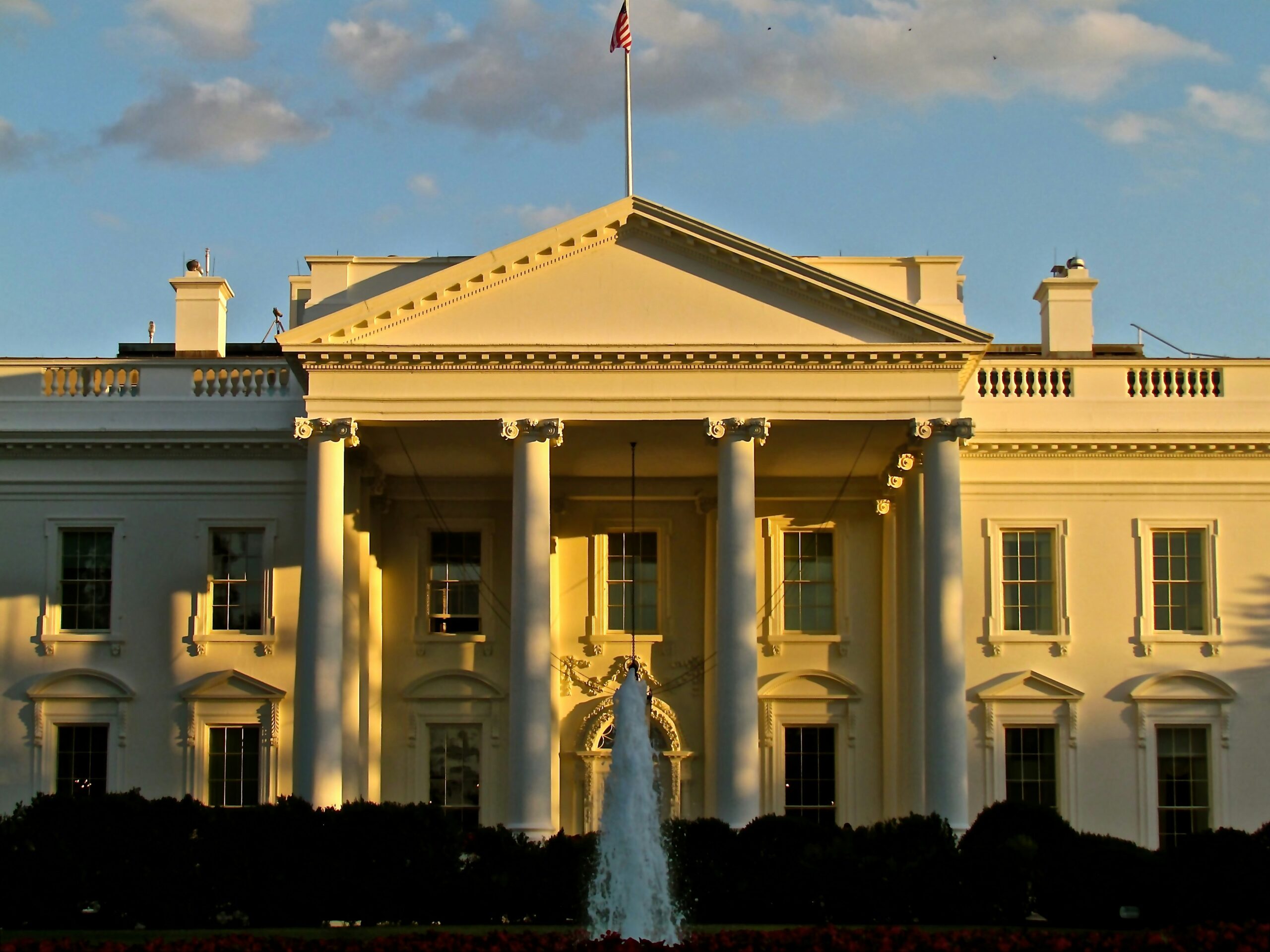By Jeffrey L. Wax, AEGIS Law ([email protected])
The movement to shift business disputes from courts to private arbitration services has been increasing in the United States for many years. Arbitration can be useful to resolve cannabis-related business disputes, especially ones that would otherwise land in Federal courts.
Businesses of all kinds may choose to include mandatory arbitration clauses in their contracts for several reasons, such as:
- Privacy – Arbitration can be done in privately and confidentially. In contrast, courts are open to public scrutiny.
- Specialization – In arbitration, the parties can choose the arbitrator. If a case requires highly specialized or technical knowledge, it can be helpful to choose an arbitrator with the appropriate background.
- Cost Efficiency – Sometimes arbitration can be more cost efficient than traditional litigation, especially with respect to high volume and/or small dollar amount cases. An arbitration setting can limit the discovery process and the legal fees incurred.
- Scare Factor – Sometimes an arbitration clause will scare off a potential claimant or attorney. They think the arbitration will be skewed against them, they don’t want (or can’t afford) to advance the costs of the arbitrator, and/or they don’t want to spend the time learning different procedural rules, so they never bother to file a claim.
What about cannabis-related businesses? Privacy and specialization are both good reasons for a cannabis business to look towards arbitration instead of the local courts. But possibly the most important reason is to keep disputes out of Federal courts, which may be reluctant to enforce any cannabis-related contracts.
Federal courts have jurisdiction over two types of cases: Federal question cases (interpretation or application of a Federal law) and—relevant here—diversity cases. To qualify for diversity jurisdiction, (a) all the parties on the plaintiff side must be citizens of different states than all the parties on the defendant side, and (b) the amount in controversy must exceed $75,000. If your business has out-of-state investors and there is a dispute over the operating agreement, it probably qualifies for diversity jurisdiction.
The problem is, dealing in medical marijuana is illegal under Federal law. Courts generally do not enforce contracts that have an illegal purpose. Therefore, a Federal court may refuse to hear a case involving a cannabis business. For various reasons, the state courts may not have jurisdiction either. So without an arbitration clause, you could be out of luck trying to enforce your operating agreement or other contract. Err on the side of caution and include an arbitration clause in your contracts.
It’s crunch time! Applications for all medical marijuana facilities are due on August 17, 2019. It’s not too late to ask for help.
AEGIS Law is a leader in working with cannabis industry clients in Missouri and other states. If you are interested in becoming part of the emerging medical marijuana industry in Missouri, contact AEGIS Law today.




